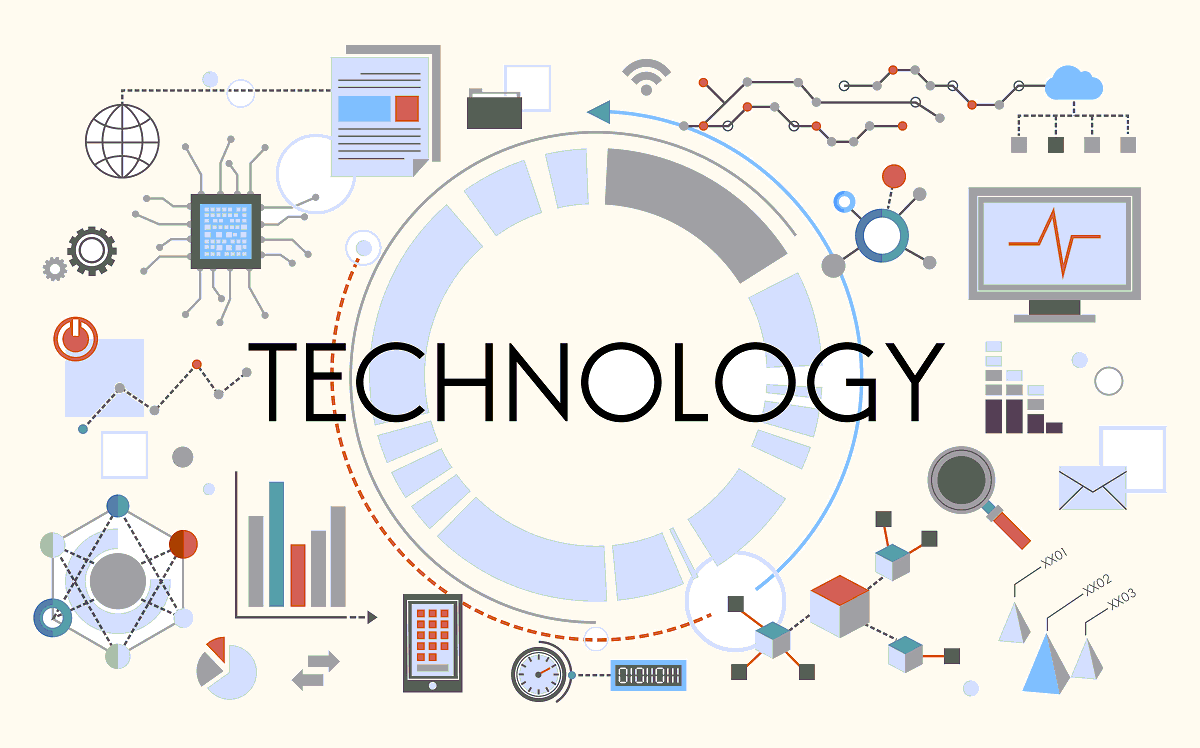
Information and Communication Technology (ICT) has revolutionized the way we work. The impact of ICT on the changing landscape of work cannot be overstated. From the way we communicate and collaborate with colleagues to the way we access information and complete tasks, ICT has completely transformed the way work is done.
The Role of ICT in Shaping the Current and Future Landscape of Work
"The impact of ICT on the workforce and the way work is done has been enormous," says John Doe, CEO of XYZ Inc. "It has completely changed the game and continues to shape the future of work."
ICT has enabled businesses to automate processes, streamline communication, and improve the overall efficiency of their operations. It has also made it possible for employees to work from anywhere, at any time, thus allowing for more flexible and remote work arrangements.
According to a recent survey by the International Telecommunication Union (ITU), the number of people working from home has increased by 140% since 2005. This growth is largely due to the increasing availability of ICT tools and services, such as virtual collaboration platforms and cloud computing.
The Impact of ICT on Traditional Work Structures and Employment Patterns
The widespread adoption of ICT has had a profound impact on traditional work structures and employment patterns. For example, the rise of automation and artificial intelligence (AI) has led to the displacement of certain jobs, while creating new opportunities in areas such as data analysis and software development.
At the same time, ICT has also enabled the gig economy to thrive, with more and more people opting to work as freelancers or independent contractors rather than as traditional employees. This has led to a shift towards a more decentralized and flexible workforce, with many workers now enjoying greater autonomy and control over their work.
The Benefits and Challenges of Remote Work Facilitated by ICT
Remote work, made possible by ICT, has become an increasingly popular option for both employees and employers. The benefits of remote work include increased flexibility and autonomy, lower costs, and improved work-life balance.
However, remote work also presents its own set of challenges, such as isolation and reduced collaboration with colleagues. In order to effectively manage remote work, businesses must provide their employees with the tools and support they need to stay connected and productive, while also fostering a strong company culture that promotes teamwork and collaboration.
Examples of Successful Digital Transformations in Various Industries
There are many examples of successful digital transformations in various industries, from retail to finance. For example, Walmart, the world's largest retailer, has embraced ICT to revolutionize the way it operates, from the way it communicates with suppliers to the way it serves customers.
Similarly, the financial services industry has been transformed by ICT, with the rise of fintech companies offering innovative solutions such as digital wallets and mobile banking. These companies have disrupted the traditional financial services industry and have had a profound impact on the way consumers access and manage their financial resources.
Future Trends and Predictions in the Field of ICT and Work
The field of ICT and work is rapidly evolving and it is important to stay up-to-date with the latest trends and predictions. Some experts predict that the trend towards remote work will continue to grow, with many businesses opting to adopt a hybrid model that combines both remote and on-site work.
Additionally, the continued development of AI and automation technologies is expected to have a major impact on the workforce, with many jobs being displaced and new jobs emerging in areas such as data analysis and software development.
Conclusion
In conclusion, the impact of Information and Communication Technology (ICT) on the changing landscape of work cannot be overstated. From facilitating remote work to transforming traditional work structures and employment patterns, ICT has played a major role in shaping the current and future of work.
Remote work, which has been greatly facilitated by ICT, has been on the rise, with more and more companies embracing it as a viable option for their employees. The benefits of remote work, such as increased flexibility, reduced commuting time, and cost savings, are widely recognized, but it also poses challenges, such as difficulty in maintaining a work-life balance and ensuring the productivity of employees.
Digital transformation has been a hot topic in recent years, and it is not hard to see why. The examples of successful digital transformations in various industries serve as testament to the positive impact of ICT on work. Companies that have embraced ICT to revolutionize the way they work have seen increased efficiency, cost savings, and improved customer satisfaction.
As the field of ICT and work continues to evolve, it is important for businesses and professionals to stay ahead of the curve. The future trends and predictions in the field, such as the increased use of artificial intelligence and automation, suggest that the impact of ICT on the changing landscape of work will only continue to grow in the coming years.
In summary, the impact of ICT on the changing landscape of work is significant, and it is essential for businesses and professionals to stay informed and be proactive in adapting to these changes. By doing so, they can take advantage of the numerous opportunities that ICT presents, and ensure that they are well-positioned for success in the future of work.
Information Technology




